Have built a Reinforcement Learning DQN with variable length sequences as inputs, and positive and negative rewards calculated for actions. Some problem with my DQN model in Keras means that although the model runs, average rewards over time decrease, over single and multiple cycles of epsilon. This does not change even after significant period of training.

My thinking is that this is due to using MeanSquareError in Keras as the Loss function (minimising error). So I am trying to implement gradient ascent (to maximise reward). How to do this in Keras? My current model is:
model = Sequential()
inp = (env.NUM_TIMEPERIODS, env.NUM_FEATURES)
model.add(Input(shape=inp)) # 'a shape tuple(integers), not including batch-size
model.add(Masking(mask_value=0., input_shape=inp))
model.add(LSTM(env.NUM_FEATURES, input_shape=inp, return_sequences=True))
model.add(LSTM(env.NUM_FEATURES))
model.add(Dense(env.NUM_FEATURES))
model.add(Dense(4))
model.compile(loss='mse,
optimizer=Adam(lr=LEARNING_RATE, decay=DECAY),
metrics=[tf.keras.losses.MeanSquaredError()])
In trying to implement gradient ascent, by 'flipping' the gradient (as negative or inverse loss?), I have tried various loss definitions:
loss=-'mse'
loss=-tf.keras.losses.MeanSquaredError()
loss=1/tf.keras.losses.MeanSquaredError()
but these all generate bad operand [for unary] errors.
How to adapt current Keras model to maximise rewards ? Or is this gradient ascent not even the problem? Could it be some issue with the action policy?
